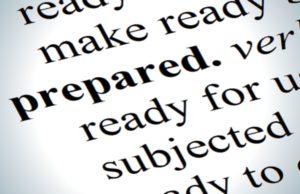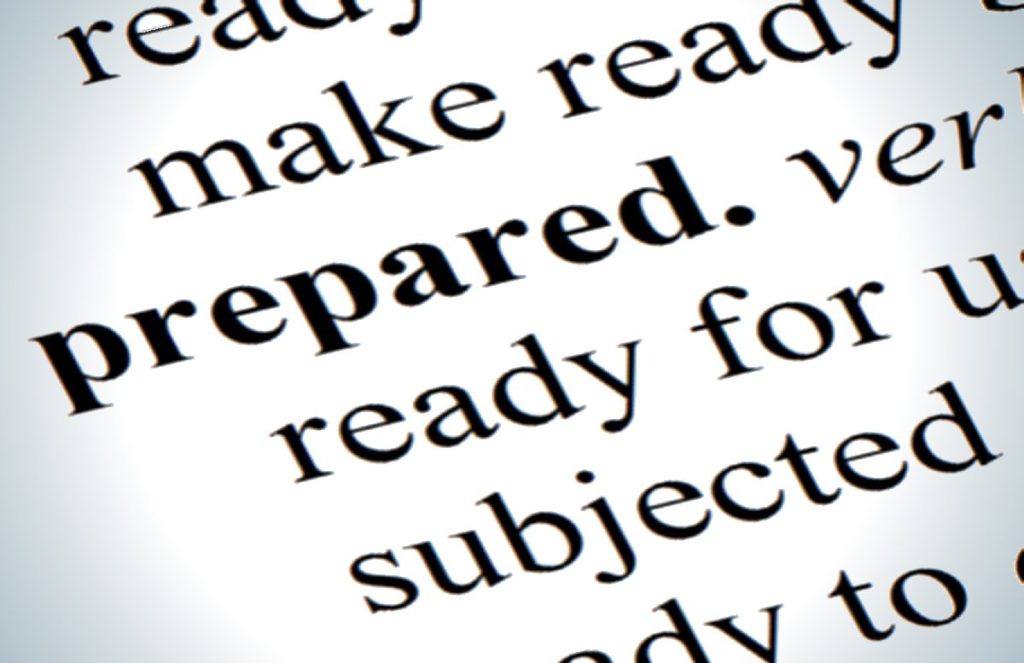 There are a million ways communication missteps can make a crisis situation worse, but there are also some very specific strategies for doing it right.
There are a million ways communication missteps can make a crisis situation worse, but there are also some very specific strategies for doing it right.
Tops on the list? Preparation. Have a plan and work the plan.
Consider the response of the city of Grand Rapids when it faced an active shooting spree five years ago. It’s a classic example of how to handle a crisis.
The shooter had just murdered several people and was on the move in his car, racing around the city. Police were pursuing, but didn’t know exactly where he was. The situation could have gotten very bad very quickly.
Instead the Grand Rapids Police Department immediately called a news conference to inform the media and the public about what had happened and what they were doing about it. They called off all evening activities at city parks. They canceled sporting events. And they provided regular updates to the media.
By the time the nine-hour episode ended, seven people were dead and two injured. The shootings were not random – the victims were relatives. But the wild ride of a mad shooter driving around town had a definite impact on the peace of the city.
After the incident, the police won praise from community leaders, elected officials and even the media. Their actions were informative, transparent and showed a genuine concern for the people of Grand Rapids.
Having the right tools – and knowing how to use them – can make all the difference.

